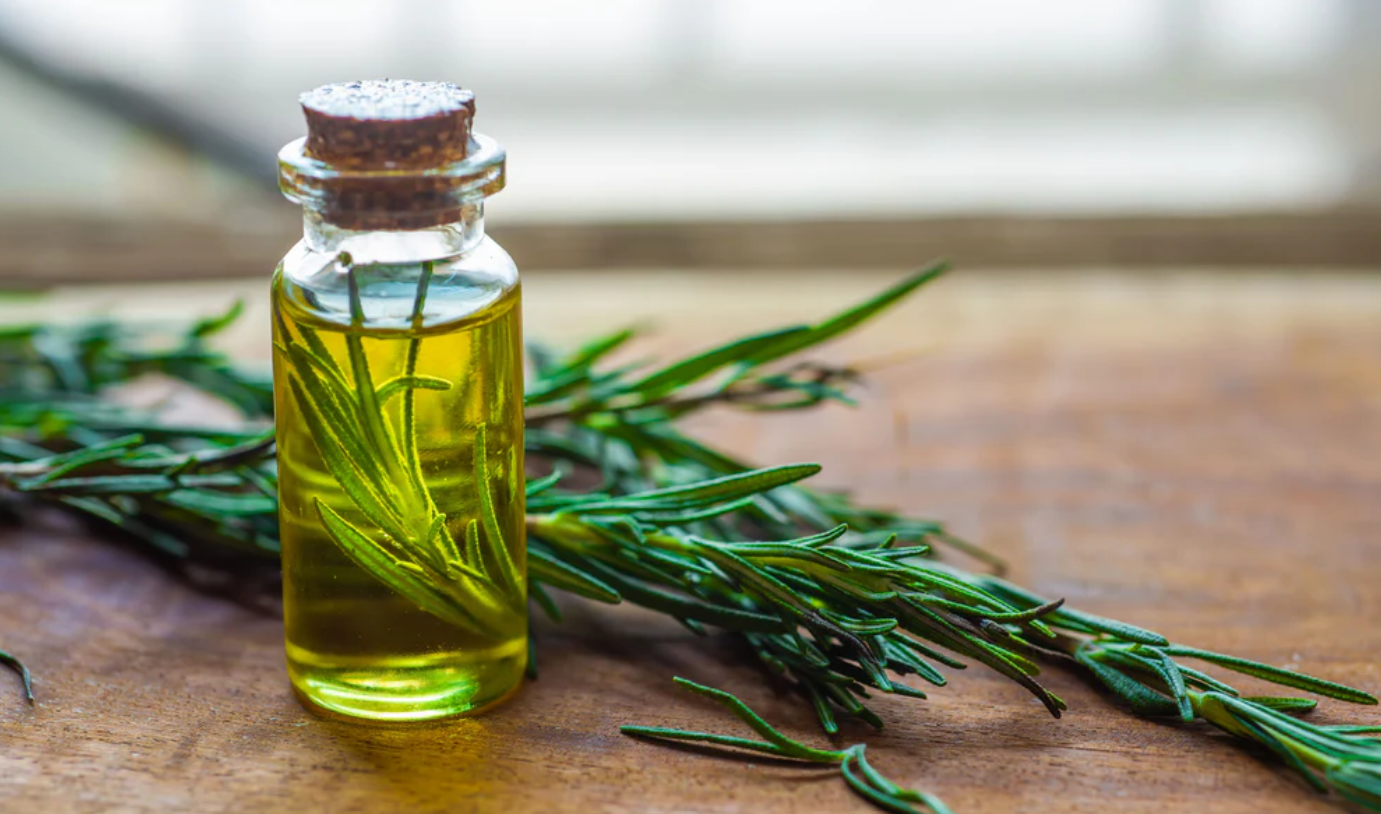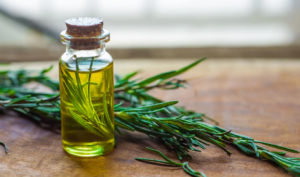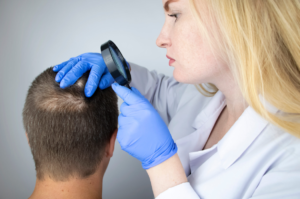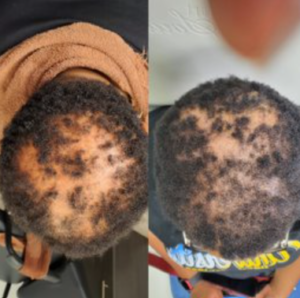
How to Use Rosemary Oil for Hair Growth
How to Use Rosemary Oil for Hair Growth: A Comprehensive Guide
Rosemary oil has been used as a natural remedy for various health issues for centuries, including promoting hair growth. This article will explore the benefits of using rosemary oil for hair growth and provide a step by step guide on how to incorporate this powerful essential oil into your hair care routine.
Benefits of Using Rosemary Oil for Hair Growth

Benefits of Using Rosemary Oil for Hair Growth
Rosemary oil is rich in antioxidants, anti inflammatory compounds, and minerals like iron and calcium, making it an excellent addition to anyone’s hair care regimen. Here are some potential benefits of using rosemary oil for hair growth:
- Promotes cellular regeneration: The active ingredients in rosemary oil can help stimulate blood flow and promote cell division, which encourages healthy hair growth.
- Reduces inflammation: Inflammation can lead to hair loss or thinning. By reducing inflammation in the scalp, rosemary oil can potentially improve hair density.
- Slows down premature graying: Some studies suggest that rosemary oil can slow down the process of premature graying by preventing the production of hydrogen peroxide in the hair follicles.
- Soothes dryness and irritation: Rosemary oil contains moisturizing properties that can soothe a dry, flaky scalp and relieve symptoms associated with conditions such as dandruff and psoriasis.
- Encourages new hair growth: Research suggests that applying rosemary oil topically can be just as effective at encouraging new hair growth as minoxidil, a common hair growth treatment.
Does Rosemary Oil Grow Hair?

How to Use Rosemary Oil for Hair Growth
Yes, according to various sources, rosemary oil may indeed aid in hair growth. Organic, cold pressed rosemary oil harvested from high elevations in the Andean Mountains of Ecuador is reported to boost hair growth, ease dryness and itching on the scalp, diminish hair loss, and condition and smoothen hair while providing deep hydration.
Separately, another study indicates that rosemary oil enhances blood flow in the scalp, facilitating the delivery of vital nutrients and oxygen to hair follicles, thereby promoting natural and healthy hair development comparable to 2% minoxidil but without usual side effects. Moreover, individual accounts corroborate rosemary oil’s advantageous influence on hair growth, highlighting substantial improvement in hair volume, thickness, and decline in hair shedding. Nevertheless, it’s wise to seek guidance from a medical practitioner prior to embracing new health habits. Users should also remain vigilant and halt application if unfavorable responses emerge. All things considered, given existing information, rosemary oil seems to benefit hair growth effectively.
How to Use Rosemary Oil for Hair Growth
Now that you know the potential benefits let’s dive into how to use rosemary oil for hair growth. It’s important to remember that everyone’s body responds differently to different treatments, so it’s crucial to monitor your progress and adjust accordingly.
- Dilute the Rosemary Oil
Before using rosemary oil on your scalp, it must be diluted with a carrier oil. Carrier oils include jojoba, coconut, olive, almond, and grapeseed. Mix one part rosemary oil with three parts carrier oil. For example, if you want to make a mixture with two tablespoons of carrier oil, add half a teaspoon of rosemary oil. - Massage the Mixture onto Your Scalp
Once you have mixed the oils, apply them directly to your scalp using circular motions. Spend extra time massaging the areas where you experience thinning or balding. Leave the mixture on for at least 30 minutes, but ideally overnight. - Wash Out the Oils
After leaving the oils on your scalp, wash them out thoroughly using shampoo. Make sure all the residue is removed from your hair and scalp. You might need to shampoo twice to ensure complete removal. - Repeat Regularly
To see optimal results, repeat these steps once or twice a week. Over time, you should start noticing improvements in your hair texture, thickness, and overall appearance.
Additional Tips When Using Rosemary Oil for Hair Growth

Best Certified Trichologist Virginia Beach
Here are some additional tips to keep in mind when incorporating rosemary oil into your hair care routine:
- Do a patch test first: Before applying rosemary oil to your entire scalp, perform a small patch test on your skin to check for allergic reactions. If you notice redness, swelling, or discomfort, avoid using rosemary oil altogether.
- Combine with other essential oils: Experiment with mixing rosemary oil with other essential oils known to promote hair growth, such as lavender, cedarwood, thyme, and peppermint. These combinations could enhance the effectiveness of rosemary oil.
- Consider taking rosemary supplements: While there isn’t enough evidence yet to support oral consumption of rosemary oil, some people find success taking rosemary extract capsules or drinking rosemary tea. Consult your doctor before adding any new supplements to your diet.
- Be patient: Consistency is key when trying to grow longer, thicker hair. Don’t expect immediate results; instead, focus on creating a sustainable self care ritual that promotes long term hair growth.
Precautionary Measures
While rosemary oil generally considered safe, there are still precautionary measures to take to prevent adverse effects. Here are some things to consider:
- Avoid ingesting rosemary oil without consulting a healthcare professional.
- Keep rosemary oil away from children and pets.
- Store rosemary oil properly to maintain its potency and prevent contamination.
- Discontinue use if you experience any negative side effects, such as skin irritation or respiratory problems.
Why Should You Use Rosemary Oil for Healthy Hair Growth?

Best Certified Trichologist Brooklyn New York
Using rosemary oil for hair growth provides many benefits, such as improving circulation and decreasing inflammation. To harness these advantages, simply follow our straightforward instructions while keeping in mind the importance of seeking advice from a healthcare expert before initiating any novel wellbeing routines. Through persistence and regularity, you can look forward to experiencing more voluminous and resilient hair due to the wonders of natural remedies. However, always exercise caution and stop usage immediately if any unwanted side effects arise, ensuring safety alongside the pursuit of enhanced hair health.
Meet the experts: Board Certified Trichologist
